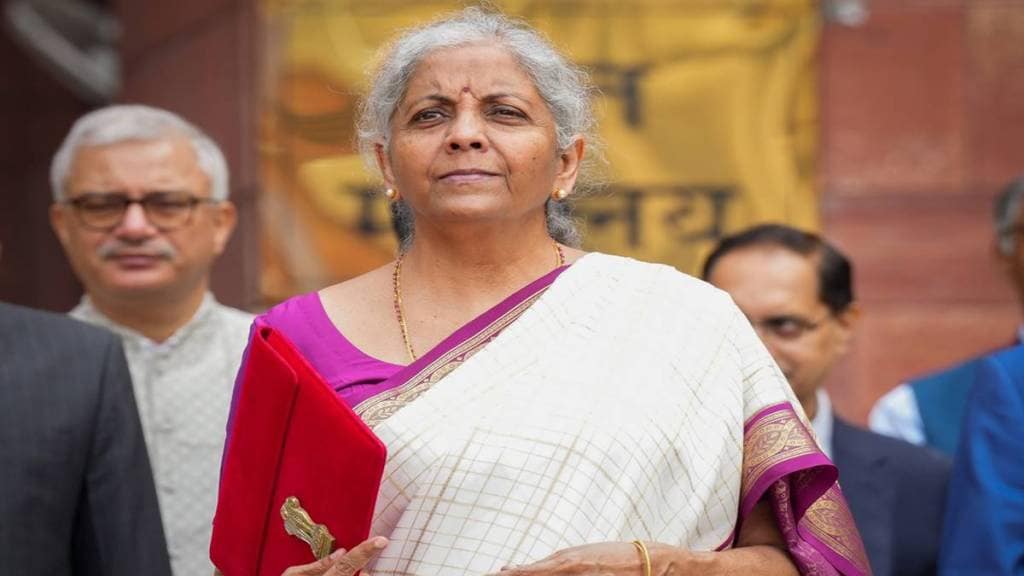As anticipated by the market, Tuesday’s Union Budget hiked the securities transaction tax (STT) on futures and options (F&O). The move is to arrest the rising participation of retail investors in this market, which the Economic Survey dubbed as ‘gambling.’
“It is proposed to increase the rates of STT on sale of an option in securities from 0.0625% to 0.1% of the option premium, and on sale of a futures in securities from 0.0125% to 0.02% of the price at which such futures are traded,” Sitharaman said in her Budget speech.
“If the idea was to cool down the activity in the markets, this might just do the trick,” Nithin Kamath, founder & CEO of Zerodha said on X. He said that if the volumes don’t drop, the broker’s STT collection will go up to Rs 2500 crore from Rs 1500 crore collected last year.
However, Shravan Shetty, Managing Director at Primus Partners expects the move to reduce the retail participation in short term trading, including F&O, and impact volumes. “While this will help reduce exposure of retail investors to high-risk products, it will negatively impact brokerages which have seen an increase in revenue basis the F&O activity,’ Shetty said.
The segment’s fervor can be seen with the monthly turnover in the F&O segment reaching Rs 388.6 trillion in June 2024, compared to Rs 13.1 trillion in June 2019.
Investors were also hit by a proposed levy of 20% short-term capital gains tax on financial assets held for less than 12 months, up from 15% earlier.
The government has also proposed an increase in the long-term capital gains to 12.5% from 10% on all financial and non-financial assets. However, this gets somewhat negated by the increase in exemption limit for such levies to Rs 1.25 lakh from Rs 1 lakh earlier.
Another change in taxation that could affect investors as well as promoters of cash-strapped companies is the proposal to treat share buybacks the same as dividends.
“Going forward, amounts distributed pursuant to buyback would be regarded as dividends in the hands of the shareholder and no deduction of expenses would be permitted against such income. The silver lining however is that the loss incurred on the cost of shares bought back by the company would be available to set off against any gains made on a subsequent sale,” said Surajkumar Shetty, Partner, JSA Advocates & Solicitors.
The sharp increase in STT follows concerns flagged by a number of participants as well as regulators that speculative trade has no place in a developing country.
Recently, the Securities and Exchange Board of India’s chairperson Madhabi Puri Buch said that the surge in F&O volumes has now become a macro issue. Before that, the Finance Minister and Chief Economic Adviser V Anantha Nageswaran had flagged the growing punting of household savings into derivatives.

